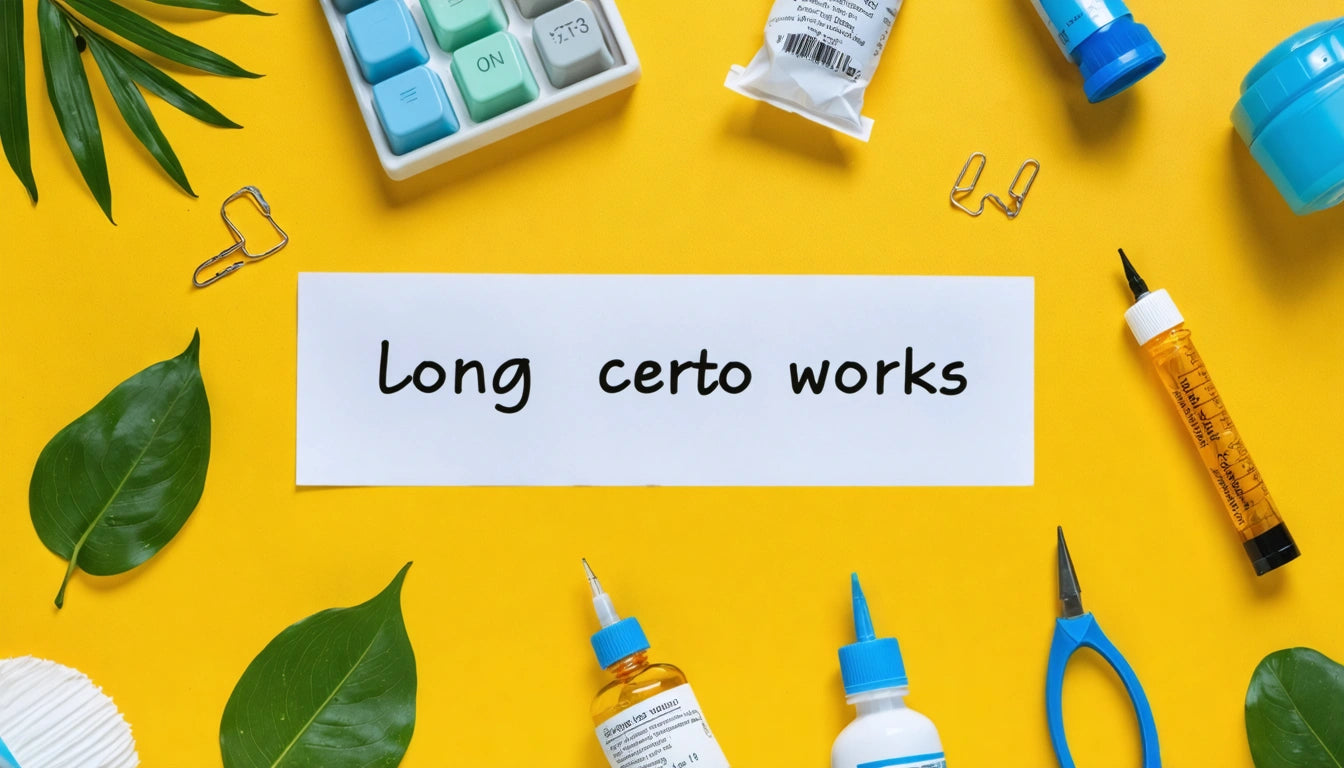Table of Contents
- Understanding Prop 300: Colorado Springs' Cannabis Milestone
- Recreational Market Impact: From Medical to Adult-Use
- Dispensary Landscape in Colorado Springs
- Business Opportunities and Economic Benefits
- Consumer Experience and Product Availability
- Future Outlook: What's Next for Colorado Springs Cannabis
Exploring Prop 300 and Cannabis Culture in Colorado Springs
Colorado Springs has long maintained a complex relationship with cannabis, operating as a medical-only market despite Colorado's statewide recreational legalization in 2012. However, the passage of Proposition 300 in November 2022 marked a significant shift in the city's cannabis policy, allowing existing medical dispensaries to apply for recreational sales licenses. This development has created ripple effects throughout the local cannabis ecosystem, from business operations to consumer access.
Understanding Prop 300: Colorado Springs' Cannabis Milestone
Proposition 300, often referred to as Colorado Springs Prop 300, represented a watershed moment for cannabis in Colorado's second-largest city. The measure passed with approximately 53% voter approval, ending a decade-long prohibition on recreational cannabis sales within city limits. Unlike Denver and other Colorado municipalities that embraced recreational cannabis shortly after Amendment 64 passed, Colorado Springs maintained its medical-only stance until this recent change.
The proposition specifically allows existing medical marijuana dispensaries to convert to dual-purpose operations, serving both medical patients and adult recreational consumers. This measured approach to expansion differs from other markets where new recreational-only licenses were issued, potentially creating a more controlled transition.
Recreational Market Impact: From Medical to Adult-Use
The implementation of Prop 300 has begun transforming the cannabis landscape in Colorado Springs. Previously, residents seeking recreational cannabis would often travel to nearby Manitou Springs or Denver, resulting in significant revenue leaving the city. Recreational marijuana in Colorado Springs now keeps that spending local while generating new tax revenue.
Local businesses like Zipz Colorado Springs (sometimes spelled Zips Colorado Springs) are among the establishments navigating this transition. The regulatory framework requires these businesses to maintain their medical services while adding recreational sales, ensuring continued access for medical patients while expanding their customer base.
Tax Revenue and Allocation
One of the most compelling arguments for Prop 300 was the potential tax revenue. The measure includes a 5% special sales tax on recreational cannabis, with funds earmarked for public safety, veterans' mental health programs, and post-traumatic stress disorder research. This allocation addresses community concerns while providing tangible benefits from legalization.
Dispensary Landscape in Colorado Springs
Colorado Springs' cannabis retail environment is evolving as medical dispensaries transition to dual licenses. Locations like 1526 S Tejon St Colorado Springs, which previously operated as medical-only facilities, are now preparing for or have already begun recreational sales. Other established businesses in the area, such as Emerald Field Colorado Springs, are adapting their operations to accommodate both customer types.
Some dispensaries are expanding their product offerings to meet recreational consumer preferences, which often differ from medical patients'. This includes incorporating more diverse packaging options for flower products that comply with recreational marketing regulations while appealing to new customer segments.
Business Opportunities and Economic Benefits
The passage of Prop 300 has created numerous business opportunities beyond direct cannabis sales. Supporting industries like packaging suppliers, security services, and marketing agencies are experiencing increased demand. Companies like Sonoco Colorado Springs, which provides packaging solutions across various industries, may find new opportunities in the expanding cannabis sector.
Local product development and business opportunities extend to cannabis-adjacent companies as well. Brands like Ripple Colorado Springs, known for water-soluble THC products, can now reach a broader market through recreational channels in their home city.
Employment Growth
The expansion to recreational sales is creating new jobs across the cannabis supply chain. From cultivation facilities to retail positions, the industry offers diverse employment opportunities. Established operations like Growlife Colorado Springs are positioned to expand their workforce to meet increased demand.
Consumer Experience and Product Availability
For consumers, Prop 300 means greater convenience and legal access to recreational cannabis products. Previously, Colorado Springs residents seeking recreational cannabis would often visit dispensaries like Starbuds Colorado Springs locations in other municipalities. Now, they can shop locally, with familiar establishments expanding their services.
The product selection is also evolving to meet recreational market demands. While medical dispensaries typically focus on therapeutic products with precise dosing information, recreational shops often feature a broader array of options with different marketing approaches. Consumers can expect to find everything from premium flower to edibles, concentrates, and vape products.
- Greater variety of cannabis strains and products
- Convenience of local shopping
- New consumption spaces and experiences
- Tourism opportunities for visitors
Cannabis culture in Colorado Springs continues to develop, with community events and education initiatives helping to normalize responsible adult use.
Future Outlook: What's Next for Colorado Springs Cannabis
As Colorado Springs adapts to recreational cannabis sales, several developments are likely to shape the market's future. First, we may see increased competition as businesses optimize their operations for the dual market. This could lead to price adjustments, quality improvements, and service innovations.
Tourism impacts may also become significant. While Denver has long benefited from cannabis tourism, Colorado Springs now has the opportunity to capture some of that market. Properties advertising as "Denver Colorado cabins 420 friendly" might soon be joined by similar accommodations in the Colorado Springs area.
Regulatory evolution will continue as the city refines its approach based on early implementation experiences. This could include adjustments to licensing procedures, compliance requirements, and public consumption policies.
The passage of Colorado Springs Question 300 represents not just a policy change but a cultural shift for a city that has maintained a conservative stance on recreational cannabis despite state legalization. As implementation proceeds, the balance between economic opportunity, community safety, and consumer access will continue to evolve, potentially creating a model for other hesitant municipalities across the country.











Leave a comment
All comments are moderated before being published.
This site is protected by hCaptcha and the hCaptcha Privacy Policy and Terms of Service apply.